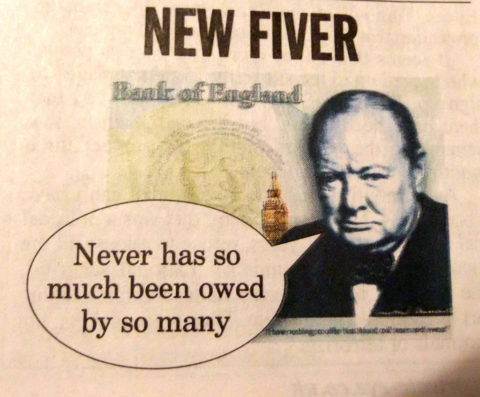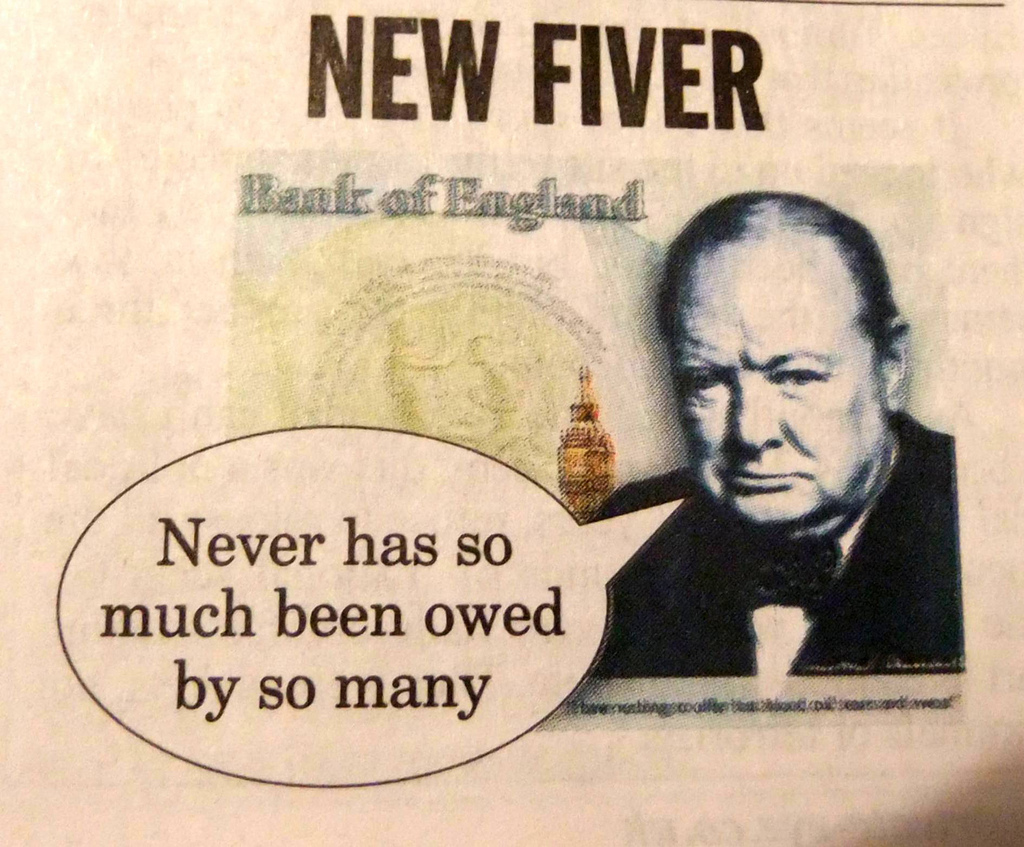Podcast: Play in new window | Download
Subscribe: RSS

Have you seen this man? If so, please call your local employment agency at once.
Bloomberg News has its collective hair on fire over a crisis in American enterprise, and it’s not the staggering stock market or the idiotic trade war or the shuttered government. It’s a persistent and growing lack of labor for those American businesses that are still able to actually make and/or sell products. “The shortfall is being driven,” says Bloomberg, “by a shrinking supply of manual and low-pay service workers as the labor force becomes more educated and less able to take on such jobs.” You see what education does for you.
What kind of jobs are we talking about? Construction, manufacturing, truck driving, food services, nursing and anything else that is “physically demanding.” One staffing executive — obviously an oligarch who knows how to address the lower classes with delicacy — calls it “an acute shortage of talent in the blue collar space.” Continue reading


 Here, in the 18th year of the New Millennium, the 28th Year of Our Internet (delivering unlimited information to all), and the 30th year of the Great Harangue over Climate Change (dating it from
Here, in the 18th year of the New Millennium, the 28th Year of Our Internet (delivering unlimited information to all), and the 30th year of the Great Harangue over Climate Change (dating it from 
 According to Michael Hudson’s new book
According to Michael Hudson’s new book  [This is the first of a series of essays on debt, prompted by recent revelations about how the issue was handled in ancient Mesopotamia.]
[This is the first of a series of essays on debt, prompted by recent revelations about how the issue was handled in ancient Mesopotamia.]